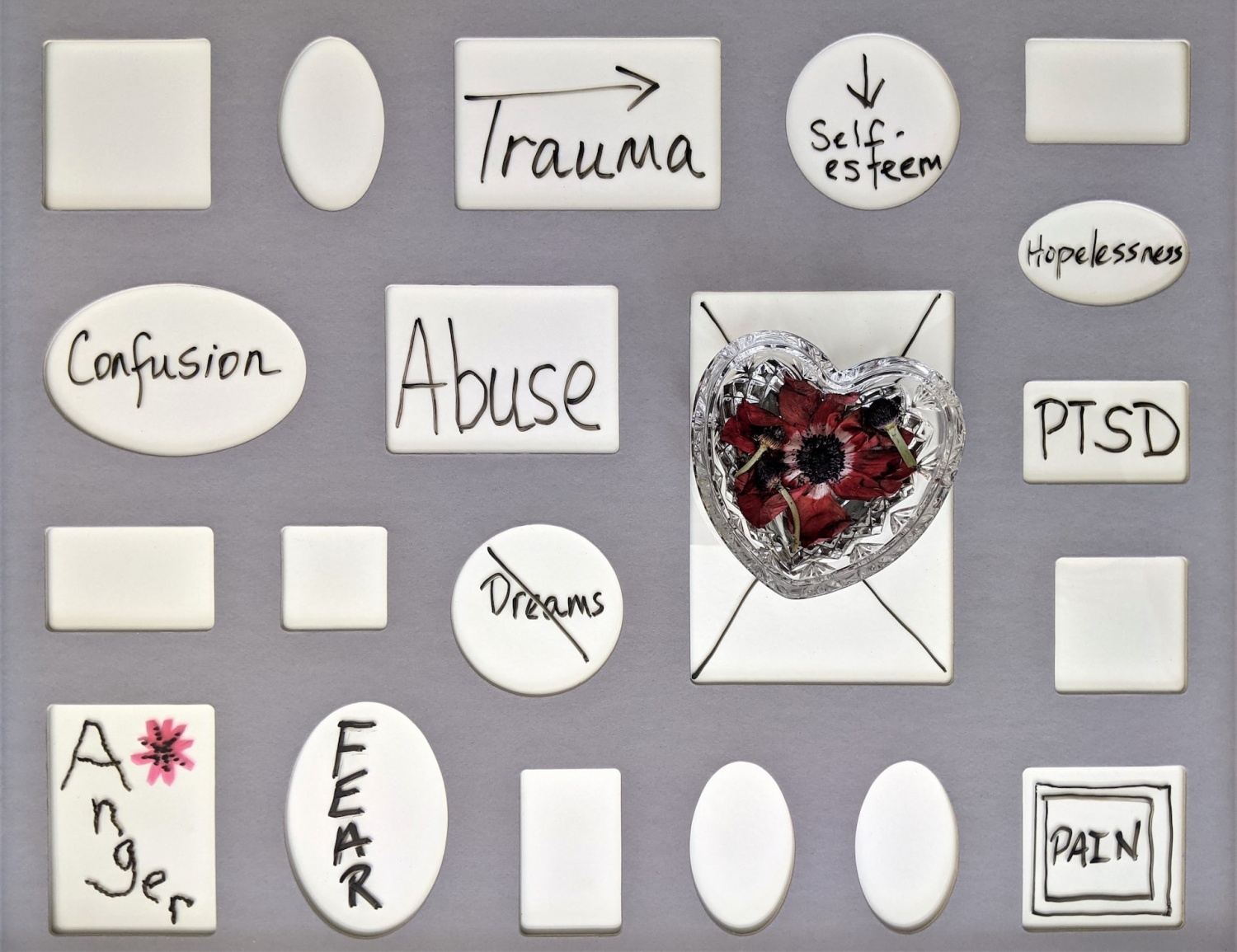Drugs/Therapy
Understanding the Impact of Trauma on Addiction Recovery

(Photo : Susan Wilkinson on Unsplash)
Traumatic occurrences can serve as a serious force. They can lead people to compromise their own safety in order to alleviate the distress they've been feeling. Substance abuse is a common coping mechanism among survivors. Short-term, intense alleviation brought on by narcotics can be "adaptive," but they quickly become "maladaptive" when they destroy the body's natural coping capabilities. Although mind-altering medications may provide temporary respite, they can also cause severe and long-lasting harm to brain function and the mind's expectations of what will bring about equilibrium restoration. This is why it's important to understand the impact of trauma on addiction recovery.
Trauma and addiction
As "co-occurring illnesses," traumatic experiences and substance abuse have certain same symptoms and neurobiological alterations, which can complicate therapy. They interact with one another, making it impossible to treat them individually. Other influences on health risks come from a variety of other mental health concerns, physical problems, and biopsychosocial variables, such as gender, ethnicity, and socioeconomic position. Addiction has physical, psychological, social, and neurological roots. Thus, a trauma-informed treatment paradigm is necessary for a successful recovery. In order to aid trauma survivors in effectively managing their trauma symptoms and avoiding re-triggering and re-traumatizing, trauma-informed treatments take traumatic experiences into consideration. In understanding trauma, we can release it.
Reaction to trauma
Extremes of both joy and despair are common responses to traumatic stress. It might be hard for these individuals to be functional and practice self-care. Individuals receiving trauma treatment may discover their "sweet spot" of emotion regulation and experience relief from previously overwhelming emotional experiences.
Consequently, the objective here is to assist patients in managing their feelings without resorting to harmful medications or actions. Immediate reactions to traumatic experiences are complex and can differ from survivor to survivor based on factors including prior experience, social network, familial dynamics, coping strategies, and social standing.
Types of trauma
Several forms of traumatic experiences exist. It is crucial to remember that each of these experiences is unique and that no two people will react to trauma in the same manner.
-
Physical trauma - When someone is physically assaulted, this can cause severe trauma. It doesn't matter if they were attacked by a stranger or someone they know.
-
Sexual trauma - Assaults of a sexual nature include both rape and molestation. One of the most prevalent traumatic events is sexual assault.
-
Domestic abuse trauma - When an assault occurs between members of the same household, that's domestic violence. Abuse can also occur between parents and children. This kind of childhood trauma plays a significant role in later addiction problems.
-
Emotional trauma - If a person criticizes, embarrasses, shames, blames, or otherwise manipulates another person, they engage in emotional abuse.
-
Parental negligence trauma - When a parent fails to give their kid the necessities for life, it is parental negligence. Malnourishment, substandard housing, and physical, psychological, or sexual abuse are all forms of this.
-
Bullying trauma - One more typical kind of trauma is bullying. It's a problem that, in many cases, continues to plague people as adults. Bullying can have a negative effect, no matter how large or minor the incident.
-
Natural catastrophes trauma - Those affected by natural catastrophes may lose all they own, including their homes, loved ones, and regular routines. These events can trigger PTSD or other traumatic reactions. Natural disaster-related post-traumatic stress disorder is often disregarded, yet it deserves significant attention.
-
Accidents trauma - Any kind of event, whether a vehicle crash, an injury sustained on the job or any other kind of unintentional injury, can cause trauma. For those who knew the injured party but had nothing to do with the incident, this also holds true. Serious post-traumatic stress disorder (PTSD) and flashbacks are common outcomes of traumatic experiences.
-
Illness trauma - Dealing with a long-term or chronic illness is stressful. Illness-related symptoms might trigger intrusive memories or disturbing feelings even after treatment has ended.
PTSD and Substance Abuse
Traumatic situations can trigger post-traumatic stress disorder. A person's effort at self-medication to alleviate the symptoms of PTSD is thought to be at the root of the connection between substance abuse and PTSD. However, there can be two ways in which this relationship harms an individual. Their vulnerability to experiencing fresh trauma increases if they have a drug use disorder, and vice versa. So, understanding the impact of trauma on addiction recovery is important to break this cycle.
Physical wounds and addiction
Abuse and trauma can cause severe physical distress. To help individuals deal, doctors often give them painkillers. More severe physical harm increases the likelihood that a patient may exceed the recommended dosage in an attempt to relieve pain. As addiction recovery experts at Little Creek Recovery know well, unfortunately, this increases the probability that the patient will develop an addiction. This is thought to be a significant contributor to the current opioid crisis in the world.
Trauma increases the likelihood of drug abuse
The self-medication theory of drug misuse assumes that persons acquire substance abuse issues as a coping mechanism for dealing with the emotional upheaval brought on by trauma exposure and post-traumatic stress symptoms. People use drugs and alcohol to cope with the bad feelings and painful memories that come with post-traumatic stress disorder (PTSD) or to avoid feeling any strong emotions at all. Some use it to stop being self-aware.
A significant number of adolescents with drug abuse problems report that their substance use began after experiencing trauma or after developing post-traumatic stress disorder (PTSD).
New findings in this area also suggest that traumatic stress or PTSD might make it harder for teenagers to quit using since exposure to recollections of the traumatic incident can boost drug cravings in those with co-occurring trauma and frequent substance misuse.
Final words
Those who have experienced trauma are disproportionately likely to develop substance use disorders, especially if they experience persistent trauma symptoms. It's understandable that they would look for ways to tune out or isolate themselves. Others self-medicate to combat feelings of disconnection and numbness. That's the impact of trauma on addiction recovery. So, drug abuse and other addiction disorders develop as a means of coping with the difficulties that trauma brings into one's life. When trauma is a component in an individual's drug use problem, it requires a different approach to general treatment. Trauma-informed treatment emphasizes the importance of a safe and supportive environment to facilitate the individual's healing and recovery.
* This is a contributed article and this content does not necessarily represent the views of counselheal.com









Join the Conversation